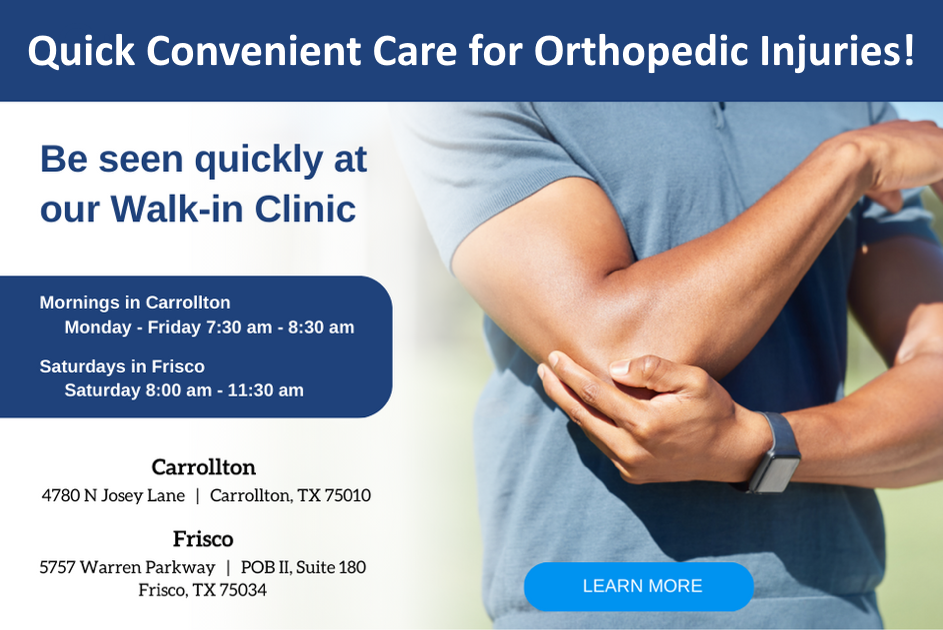The spine is made up of a number of vertebrae that are stacked on top of each other. Discs are a type of cushion that provides support and maintains the space between two vertebrae. These discs allow movement between the vertebrae and make actions like bending and twisting possible. A herniated disc is an orthopedic condition that affects these rubbery cushions, causing them to either dislocate or break open due to strain or injury. It puts immense pressure on the spinal nerves and leads to pain, discomfort, and numbness. The condition can most commonly be seen in the lower back.
Causes
The most common cause of Herniated Disc is age-related degeneration. As people get old, the spinal discs gradually lose the fluid that helps them to stay flexible. This results in forming cracks and breaks in the outermost layer of the disc. Thus, the thick fluid from inside may flow out through the cracks and cause the disc to rupture. Herniated Disc can also be a result of a back injury.
Some other causes of herniated disc are:
- Increased pressure or heavy strain on the back
- Sudden twisting movement
- Repetitive activities
- Poor lifting habits
- Prolonged exposure to vibration
- Sports injuries to the back
- Fall or blow to the back
- Excessive weight
- Sedentary lifestyle
Symptoms
- Intense numbness and pain in one side of the body
- Pain usually worsens in the night
- Pain extending to the arms and legs
- Pain in the front part of the thigh
- Pain aggravates after walking a few steps
- Burning or tingling sensation in the affected area
- Weakness in muscles
- Muscle pain and spasms
Treatment
The treatment options for Herniated Disc may include the following:
Medication: The orthopedic doctor may prescribe medications, nerve pain relievers, muscle relaxers or injections to provide relief from pain and inflammation. Sometimes a prescribed course of oral steroids may also be needed to reduce swelling or soreness.
Physical Therapy: Certain exercises may also help to minimize the pain and discomfort associated with a Herniated Disc. The physical therapist may also recommend traction, heat or ice packs, electrical stimulation, ultrasound or temporary bracing to treat the condition.
Surgery: When conservative treatment approaches do not provide relief from the symptoms, the orthopedic doctor my recommend the patient to undergo surgery. However, this is required only in severe cases of Herniated Discs.
For complete diagnosis and treatment of a Herniated Disc, visit OrthoTexas in Carrollton, TX. To schedule an appointment, you can call at (972) 492 – 1334.


